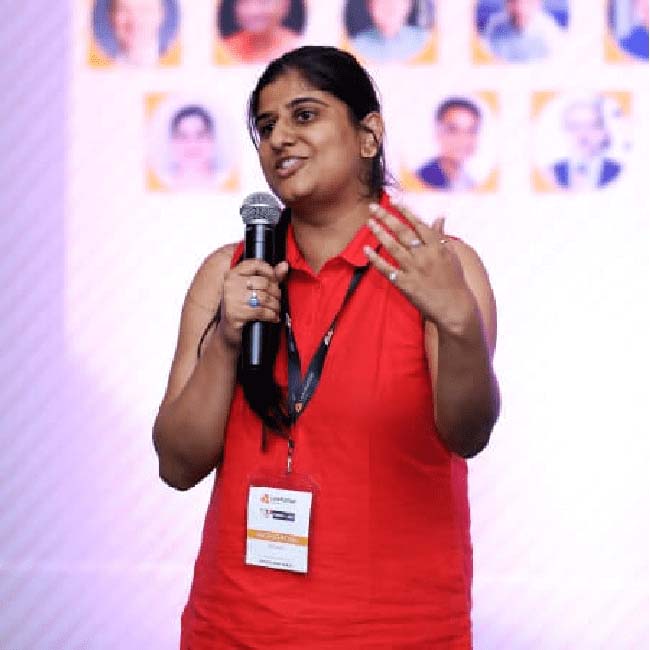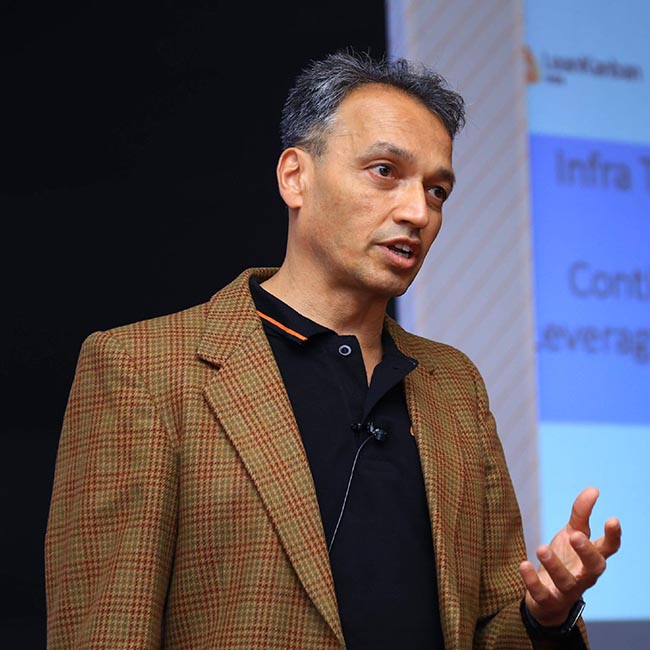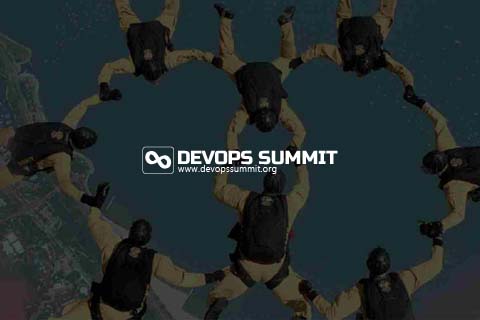Event Will Start In
WHY YOU JOIN US!
Global Online Scrum Leadership Event
Get Inspired
Find inspiration to overcome the VUCA conditions to redefine the future.
Top Voices
Hear from the best Scrum, Leadership & Management minds.
New Insights
Gain new insights and embrace new perspectives.
Actionable Ideas
Learn how you can be future ready in changing times.
Global Perspective
Join the pioneers and participants from all across the world.
Envision Future
Come together to imagine and define the future, and lead through volatility.
About The Event
Global Online Scrum Leadership Event
Businesses must adapt to the rapid changes to survive. It requires Organisations to build capabilities to excel in empirical improvement.
Our mission is to address the challenges of the current business environment, and guide the industry to lead through the volatility by bringing the best knowledge and information from the pioneers and leaders of Scrum, and advance the conversation to actionable ideas.
‘Rethinking’ is the need of the hour. Our goal is to discover new skills, tools and norms in the current situation to improve the ways of working and life of people.
Join us in exploring ideas to Excel in the Empirical Improvement
Event Schedule
Global Online Scrum Leadership Event

Welcome Note
Noopur Pathak

People as a Conveyer of Knowledge - Product Development Game Revisited with Grandfather of Scrum
Kenji Hiranabe
In 1986, Prof. Ikujiro Nonaka with Prof.Takeuchi co-wrote a well-known paper "The New New Product Development Game'', and coined the word "Scrum" which is later referred to by JefF Sutherland, Ken Schwaber and Mike Beedle in this modern Scrum in Agile development context. In this session, I will present some important ideas about “how innovation is created" and "who is the center of the innovation”, discussed in the Nonaka's Scrum concept but not yet discussed in the Agile world, using his "SECI" knowledge creation model. This theme is from his new book "Wise Company"(2019, Oxford Press) and "Agile and Scrum"(2021, Shoeisha Japan) co-authored with me.
He originally discussed the SECI-model in his book "Knowledge Creating Company", and now I’ll put it in the context of Agile. How tacit and explicit knowledge transform each other into innovation, and why “Design Thinking” (or empathy to the users through experience) should be inserted to the first part of the process (or Ideation phase).
I want to share the "missing links" between his original Scrum thought and the current implementation of Scrum in the Agile world.

Self-Care: The KEY to Organizational Agility
Bob Galen
There are crucial aspects to the agile mindset in order to achieve organizational agility. One of them is the notion of servant leadership. And it’s a wonderful aspiration. Serving your team, your peers, your leaders, and your organization. It’s an ego-less and selfless posture and central to the mindset. But what often can get lost in all of this service is…service to oneself. And placing service to self above the others so that we can serve them all the better. And by serving, then delivering on the innovative, high-value, and high-impact promises of agility in operation.
In this session, we will be deeply exploring the notion of self-care. We’ll look into several aspects of it, exploring the notion as more than simply taking time off or exercising. So, as a group, we’ll create a much richer landscape in what taking care of self looks like by leveraging a self-care canvas I’ve developed. Finally, we’ll take a step back and look at what gets in the way of our self-care. What are the blockers and impediments from ourselves, our teams, and our organizational cultures? And we’ll discuss some ways to overcome those impediments.
Break

The Value in the Scrum Values
Gunther Verheyen
Gunther Verheyen will contribute to the online 2021 edition of the Scrum Summit event with a session about “The Value in the Scrum Values”. He will shed a different light on the popular framework, the perspective of the Scrum Values.
Gunther observes how the ‘process’ aspect of Scrum becomes more and more accepted and embraced. The empirical process as implemented by Scrum is increasingly replacing the old, traditional predictive management approaches. The people aspects of Scrum however are much less acknowledged, let alone embraced. Organizations overlook that Scrum, actually, is more about behavior than it is about process. The benefits realized through Scrum largely depend not on the rules, but on the interactions and collaboration of the people employing Scrum. And values drive behavior. As behavior also expresses values, Scrum is also expressed through its five values.
Business Benefits of Scrum - Panel Discussion
Jeff Lopez, Noopur Pathak, Anu Smalley and Sanjiv Augustine

Closing Note
Prachi Arora

Welcome Note
Noopur Pathak

Agile At Tesla
Joe Justice
What is it like to work in 3 hour sprints? How does any company deploy 27 changes per week in hardware, or more? What is a team size like when you are moving that fast? What about certification, and how does testing fit in such short sprints? Joe Justice will answer these questions and more.
The speed of New Product Development and New Product Introduction is related to the agile management of the enterprise and the agility of the manufacturing processes. The CEO’s of Volkswagen, Bosch, Toyota, and Tesla all agree that speed of change is top priority. Joe Justice, inventor of eXtreme Manufacturing and operator of Agile@Tesla.com during their largest stock price rise, will show exactly how agile manufacturing is conducted. Joe will discuss the benefits and hurdles to hardware agile. Joe will display the steps to implement from executive, management, design, engineering, test, factory floor, and more.

Dependency Myth Busting – Avoiding the Widely Held Beliefs That Can Kill Your Agility at Scale
Ken Rubin
Dependencies are killing your agility and you want to fight back. A common belief is that if we just re-organize ourselves “correctly” (for example, organize 100% into feature teams) we can eliminate dependencies. This is a myth. Certainly re-organizing can help, but eliminating all dependencies when trying to do agile at scale is not practical. There are many other beliefs that cloud our minds when dealing with dependencies. For example, if we could just identify all of the dependencies upfront, we could manage them. Or if we just had a more detailed dependency-management process with awesome tool support, we could tame our dependencies. Yeah, no.
In this session Ken will bust many of the common myths surrounding how to best deal with dependencies. He will provide critical insight drawn from his years of experience working with many different clients and their dependency issues. At the end of the session, you will be in a better position to evaluate your organization’s approach to dependency management and begin utilizing reality-based rather than myth-based approaches that will actually help lessen the impact of dependencies.
Break

Quantify your Culture! How to measure & visualize your culture transformation
Jesse Fewell
Have you been confused or frustrated by the fuzziness of the culture conversation? Have you wished for more specifics and clarity than just "Our culture needs to be more agile"?
In this dynamic presentation, you will use a research backed data instrument to plot your cultural transformation on a graph, revealing unexpected truths.
What if we could measure our degree of frustration with limited creativity? What if we learned that frustration was only in one department? What if we could use that data to inform which practices to choose and where?
During this super practical session, we learn how to use real data to design and describe your transformation with more credibility than ever before.

Scrum MythBusters
Pete Deemer
Pete Deemer will share some of the most widespread myths and realities about Scrum from his work of teaching and coaching Scrum teams globally.

Closing Note
Prachi Arora
*The current program schedule is only a draft and is subject to change.
















